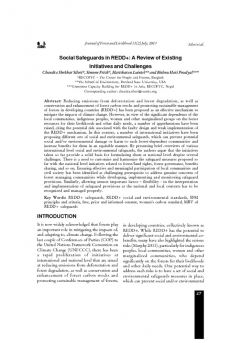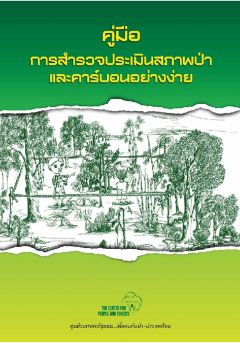Vertical integration in Mexican community forestry
While research has revealed the role of common property in risk diversification, poverty alleviation and resource management, few studies identify how common property management systems fill that role uniquely where market mechanisms or private property rights fail. To address that gap, the present research develops a consistent framework for analyzing local level production where community organizations have vertically integrated into the wood products industry, using common property forest as a source of raw material.





